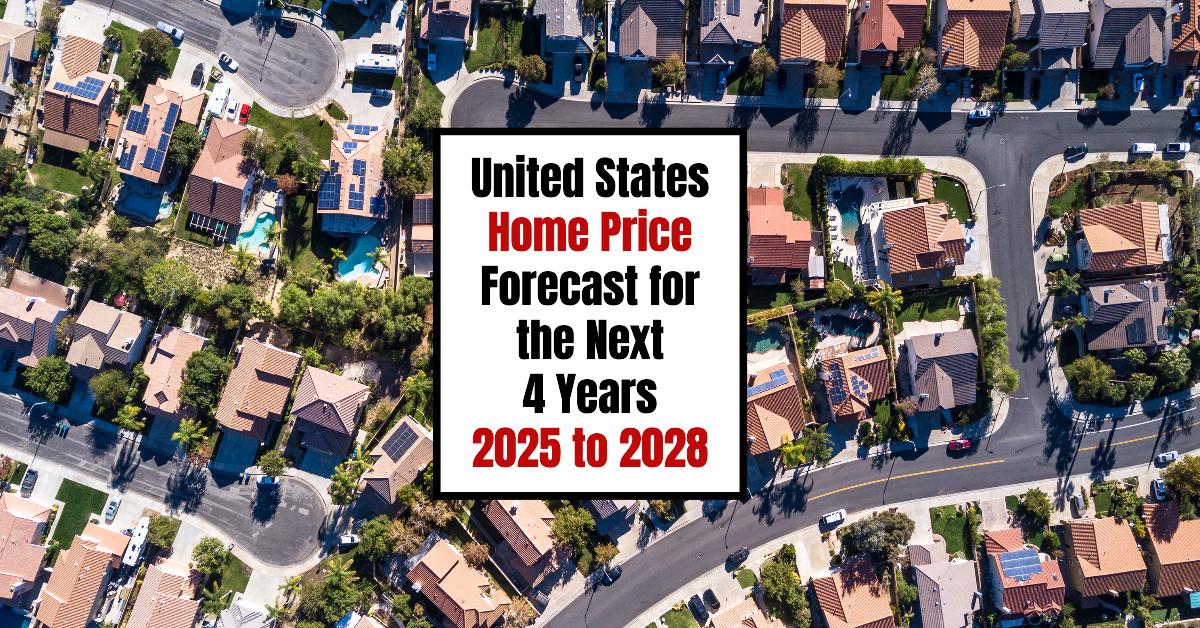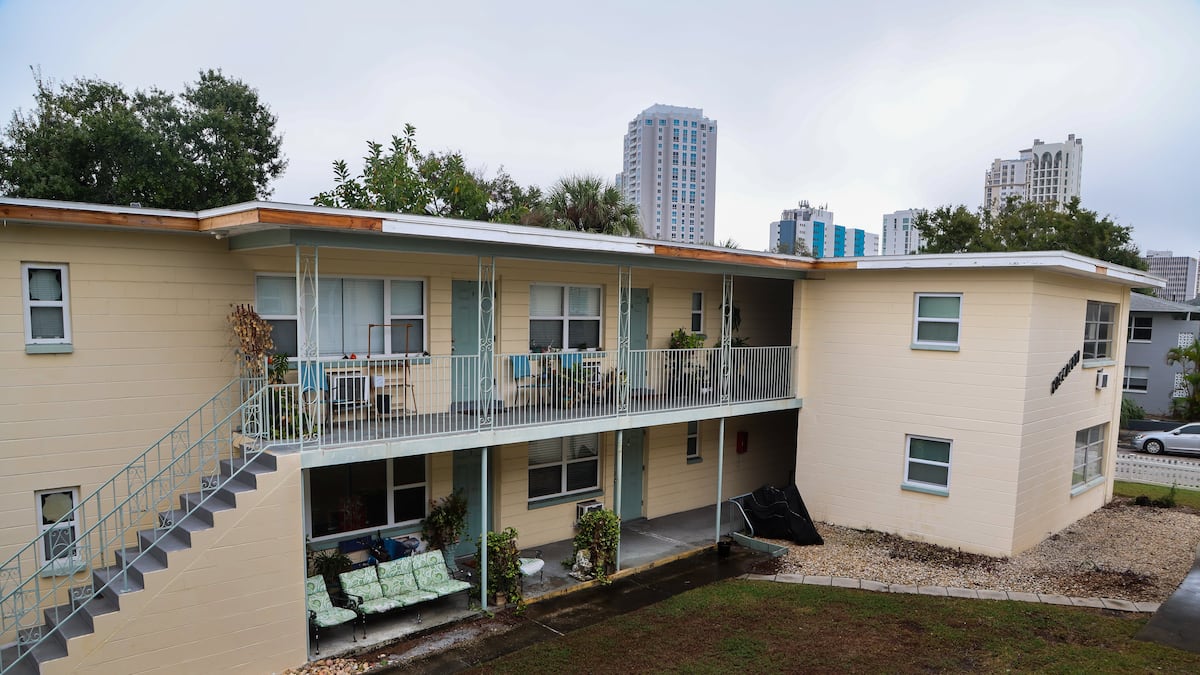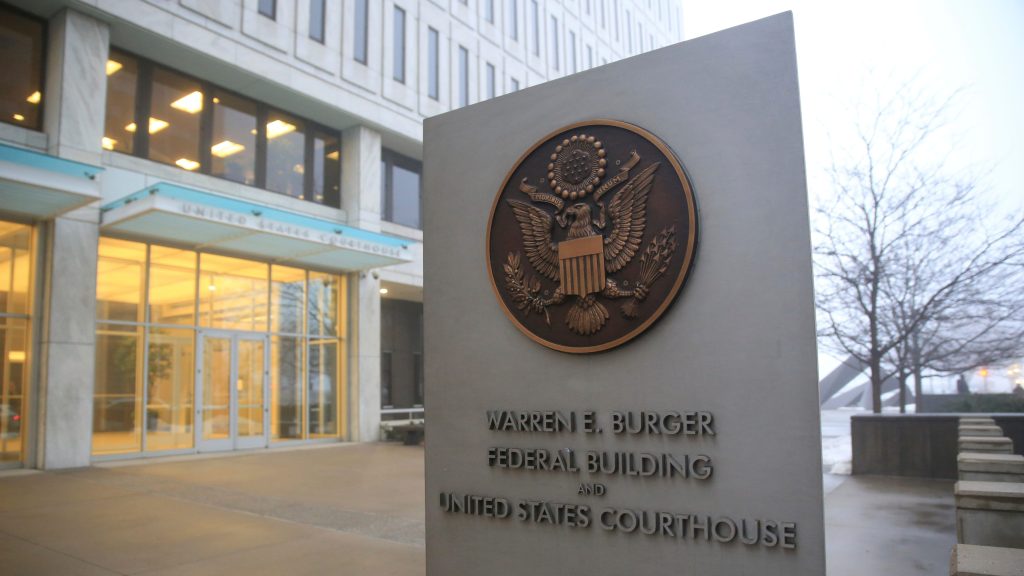A
s we look ahead, experts predict a significant evolution in the housing market, particularly regarding home prices. Fannie Mae's Home Price Expectations Survey reveals an intriguing market for homeowners and investors alike, consolidating projections from over 100 housing experts forecasting home price changes from 2025 to 2028.
The survey highlights trends and forecasts concerning home price growth and potential policy changes on housing supply. The expert panel anticipates a slower pace of home price growth in the coming years, with predictions for 2024 and 2025 at 4.7% and 3.1%, respectively, down from 6.0% in 2023.
The chart showing U.S. Home Price Expectations from Q3 2024 through Q4 2028 reveals a consistent upward trend since 1975, with the most optimistic panel forecasting a 31.6% cumulative gain by 2028, while the median suggests a more moderate growth of 20.2%. The pessimistic panel forecasts a lower cumulative gain of 7.5%.
The yearly breakdown of projected home price forecast highlights the difference in perspective among experts, with the "All Panelists (Mean)" scenario suggesting a 5.6% cumulative increase by the end of 2024, while the "Optimists (Mean)" project an 11.6% gain and the "Pessimists (Mean)" foresee a 4.7% rise.
As we move into 2025, projections begin to diverge more significantly, with the "All Panelists (Mean)" scenario pointing to an 8.0% cumulative increase, while the "Optimists (Mean)" forecast a 17.9% gain and the "Pessimists (Mean)" envision a 2.7% rise.
The experts' expectations for average annual home price growth have fluctuated over the years, with the panel mean peaking in 2017 and then falling below 4% in 2023. The chart displays the average annual home price growth projections from Q1 2010 through Q4 2024, providing valuable insights into the evolving perspectives on the U.S. housing market.
The persistent shortage of housing is a key factor contributing to this anticipated slowdown in home price growth and continuing affordability challenges. The panel estimates that we're short approximately 2.8 million homes, impacting affordability and limiting housing options for potential buyers.
Policy changes related to zoning reforms, permitting reforms, and increasing density around transit areas could have a positive effect on new construction, but there's considerable uncertainty about their widespread adoption and effectiveness. Interest rates are likely to play an important role in the future of the market as well.
For buyers, expect a slowdown in price appreciation, while affordability will remain a challenge due to the housing shortage. Competition might ease slightly as prices moderate and interest rates stabilize. For sellers, home price appreciation will slow, and inventory might increase slightly as interest rates stabilize and prices moderate. For investors, returns might moderate, but rental demand is likely to remain high, making focus on value and location crucial for success.














